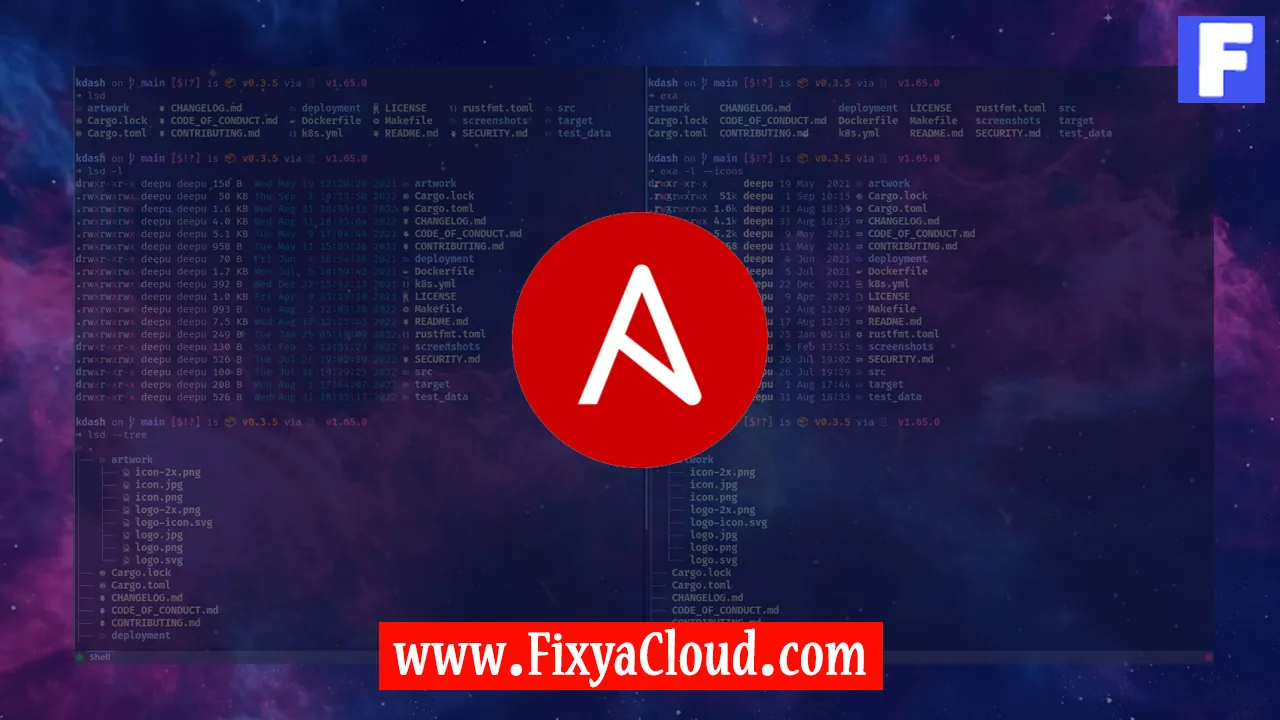Top 7 Windows Automation Tasks Simplified with Ansible

In the fast-paced world of IT operations, automation has become a key player in enhancing efficiency and reducing manual effort. Ansible, a powerful open-source automation tool, is widely used for configuration management, application deployment, and task automation. In this article, we'll explore how Ansible simplifies seven common Windows automation tasks. Whether you're a seasoned IT professional or just getting started with automation, these step-by-step instructions and examples will help you streamline your workflow.
Installing Software Packages:
One of the fundamental tasks in Windows automation is installing software across multiple machines. Ansible makes this process seamless with the "win_chocolatey" module. Here's a simple example:- name: Install Notepad++
hosts: windows_servers
tasks:
- name: Install Notepad++ using Chocolatey
win_chocolatey:
name: notepadplusplus
state: presentThis Ansible playbook installs Notepad++ on all the Windows servers listed under "windows_servers." Adjust the playbook according to your specific software requirements.
Configuring Windows Updates:
Keeping systems up to date is crucial for security and performance. Ansible simplifies Windows update management with the "win_updates" module. Consider the following playbook:- name: Update Windows
hosts: windows_servers
tasks:
- name: Install all available updates
win_updates:
category_names:
- SecurityUpdates
- UpdateRollups
state: installedCustomize the playbook to include or exclude specific update categories based on your organization's policies.
Managing User Accounts:
Automating user account management on Windows is a breeze with Ansible. The "win_user" module allows you to create, modify, or delete user accounts. Here's a sample playbook:- name: Create User Account
hosts: windows_servers
tasks:
- name: Create a new user
win_user:
name: john_doe
password: secure_password
state: presentAdjust the playbook to include additional parameters such as group membership and account properties.
Configuring Windows Firewall Rules:
Controlling network access is vital for security. Ansible simplifies firewall rule management with the "win_firewall_rule" module. Check out this playbook:- name: Configure Firewall Rules
hosts: windows_servers
tasks:
- name: Allow incoming traffic on port 80
win_firewall_rule:
name: Allow HTTP
localport: 80
direction: in
action: allowCustomize the playbook to define rules based on your network requirements.
Managing Windows Services:
Ansible makes it easy to automate the management of Windows services. The "win_service" module allows you to start, stop, and configure services. Here's a playbook example:- name: Manage Windows Service
hosts: windows_servers
tasks:
- name: Start the Print Spooler service
win_service:
name: spooler
state: startedModify the playbook to suit your specific service management needs.
Disk Space Monitoring and Cleanup:
Efficient disk space management is crucial for system stability. Ansible simplifies disk space monitoring and cleanup with the "win_disk_facts" and "win_file" modules. Consider this playbook:- name: Disk Cleanup
hosts: windows_servers
tasks:
- name: Get disk facts
win_disk_facts:
- name: Delete temporary files
win_file:
path: C:\Temp
state: absentCustomize the playbook to target specific directories and adjust cleanup criteria.
Event Log Monitoring:
Ansible can automate the retrieval of Windows event logs for monitoring and analysis. The "win_eventlog" module facilitates this task. Here's a playbook example:- name: Retrieve Application Events
hosts: windows_servers
tasks:
- name: Get Application events
win_eventlog:
log: Application
entries: 10
- debug:
var: ansible_windows_eventlog_entriesModify the playbook to target different event logs and adjust the number of entries retrieved.
Ansible empowers IT professionals to streamline Windows automation tasks effortlessly. The examples provided for each task are just the tip of the iceberg. Dive deeper into Ansible's documentation to discover more modules and possibilities for enhancing your Windows automation workflow. and may your automation journey be both efficient and rewarding.
Related Searches and Questions asked:
That's it for this topic, Hope this article is useful. Thanks for Visiting us.
